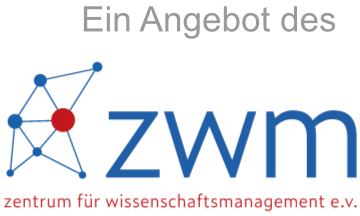Sie sind hier
Quality assurance has become a standard instrument of higher education policy since the late 1980s. Quality assurance mechanisms are expected to yield better institutional performance for one of three possible reasons, (a) compliance with the external pressure from a quality assurance or funding agency, (b) self-interest represented for example by the desire to attract students and research contracts or (c) the professional ethos, which entails striving for quality as ‚excellence? (Harvey & Green, 1993). External quality assurance might produce different institutional reactions depending on whether providers focus on compliance, interest or ethos. The literature often mentions superficial ‚compliance culture? (van Vught, 1994) as opposed to a genuine ‚quality culture? (EUA, 2006). To assess the potential impacts of external quality assurance on higher education institutions—their policies and management, practices and outcomes—this report takes a closer look into cross-border higher education.
Quellen:Quelle: Center for Higher Education Policy Studies (CHEPS)
- Bisher keine Ordner/Dateien vorhanden.
-
C12DW012Publicatieinqaahe_case_study_report-final-0201.pdf
916.81 KB | 27.05.14 ( )
-
Keine Inhalte


U-Map: A University Profiling Tool 2011 Update Report
Prof. Dr. Jürgen EndersUniversity commercialization policies and their implementation in the...
Prof. Dr. Jürgen EndersThe enigma of quality in Greek higher education - A mixed methods study...
Prof. Dr. Jürgen Enders